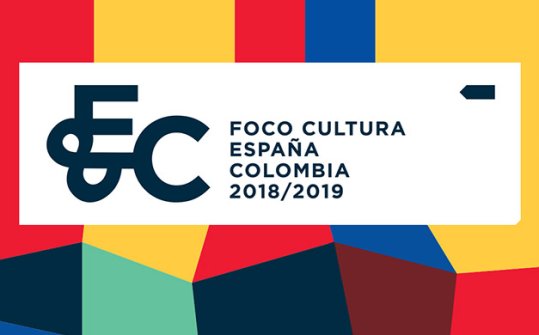Alexis Soriano is one of the most prominent orchestra conductors of his generation. A student of Ilya Musin at the St Petersburg conservatory, he was assistant conductor of the Hermitage Orchestra of St Petersburg from 1998 to 2008, and conductor of the INSO-Lviv State Symphony Orchestra (Ukraine) from 2010 to 2012. He has been artistic director of the New York Opera Society since November 2012 and guest conductor of the National Opera of Lithuania since 2014.
Soler has been the Musical Director of the Teatro Lírico de la Zarzuela between 2010 and 2015. He is the Founding President of the Spanish Association of Orchestra Directors (AESDO) and currently has started a collaboration with the Spanish Television Radio Orchestra (ORTVE) with concerts and tours during the next two seasons all over Spain. Soler is also Associate Director and Principal Guest of the Navarra Symphony Orchestra.
Together with Soler performs as guest soloist Lorena Valero. Her most recent performance at the San Carlo Theater in Naples is Manuel de Falla's El Punto de Tres Picos, as well as his solo mezzosoprano interpretation of El Corregidor y la Molinera by Manuel De Falla, La Maja Dolorosa I, II, III and La Maja and the Ruiseñor by Enrique Granados with the Ciudad de Granada Orchestra at the Spanish Music Festival of Cadiz.
PROGRAMME
Homage to Granados
1st Part
ENRIQUE GRANADOS (1867-1916)
Danza de los ojos verdes 5´
Las Majas dolorosas 8´
Nº 1; Nº 2; Nº 3 .
Triptych for mezzosoprano and chamber orchestra
Intermezzo, 5de la ópera Goyescas
La Maja y el Ruiseñor 8´de la ópera Goyescas.
LORENA VALERO, mezzosoprano
2nd Part
MANUEL DE FALLA (1876-1946)
El amor brujo 26´
Gitanería en un acto y dos cuadros. Booklet by Gregorio Martínez Sierra.
LORENA VALERO, mezzosoprano
JOAQUÍN TURINA (1882-1949)
Danzas fantásticas, op. 22 (1919) 16´
Danzas inspiradas en la novela La orgía, de José Mas.
1. Exaltación (jota)
2. Ensueño (zortziko)
3. Orgía (farruca)


